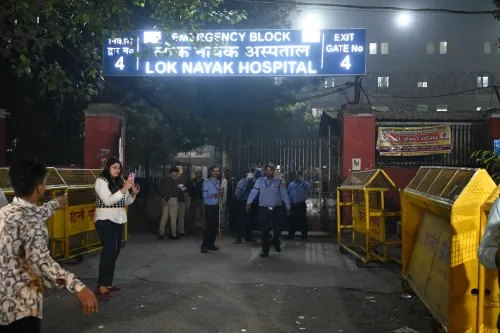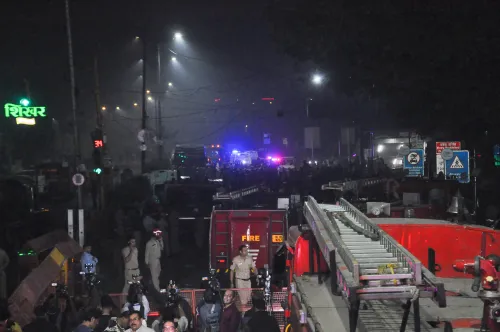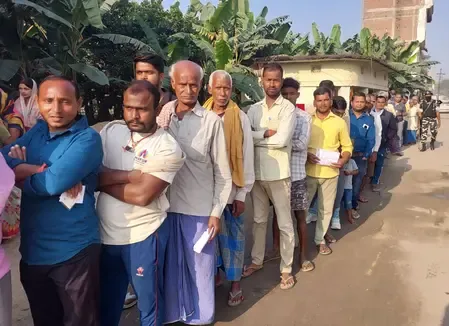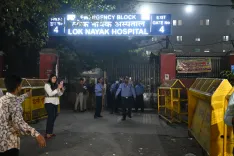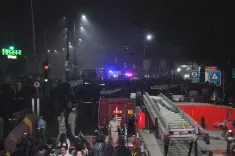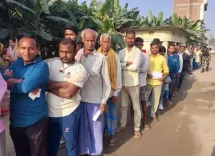Should Muslims Follow the Delhi Government's Advisory Against Illegal Animal Sacrifice for Bakra Eid?
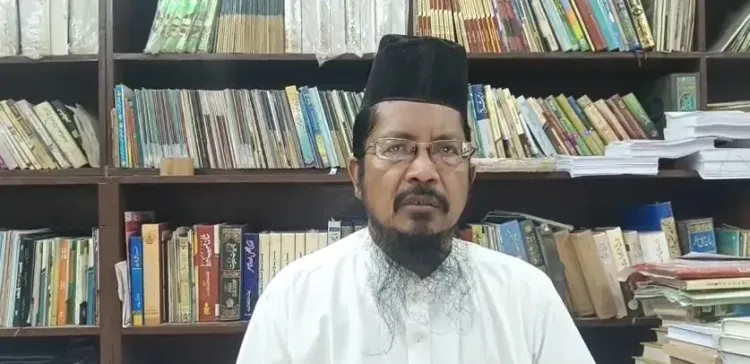
Synopsis
Key Takeaways
- Adhere to government advisories on animal sacrifice.
- Respect the laws and sentiments of the community.
- Perform sacrifices in designated areas only.
- Ensure proper disposal of remains to maintain public hygiene.
- Celebrate Bakra Eid with responsibility and discipline.
Bareilly (UP), June 6 (NationPress) Maulana Shahabuddin Razvi Bareilvi, the national President of the All India Muslim Jamaat (AIMJ), has called upon the Muslim community to adhere strictly to the advisory issued by the Delhi government concerning animal sacrifice during Eid al-Adha, commonly referred to as Bakra Eid or Bakrid.
The advisory, which takes effect from June 7, explicitly forbids the illegal slaughter of certain animals, including cows, calves, camels, and other protected species. This initiative aims to promote public hygiene and safeguard animal rights.
In a conversation with IANS, Maulana Shahabuddin Razvi Bareilvi stated: "It is crucial for everyone to comply with the government’s advisory and refrain from sacrificing animals that are prohibited. While Islam allows for the sacrifice of specific animals, there are legal restrictions on some of them. Given that a significant portion of the Indian population holds cows in profound esteem, it is vital to respect the law and the sentiments of others."
He further encouraged the observance of the festival with responsibility and discipline.
"Numerous animals remain permissible for sacrifice, and their slaughter can be conducted appropriately. However, it should be performed in a suitable manner and location," he mentioned.
The Maulana stressed that sacrifices should not occur in public areas, and the remains should not be disposed of in streets, roads, or open spaces.
"Avoid allowing blood to flow into drains or public areas. If you are sacrificing at home or in a designated space, make provisions like digging a small pit for burying the remains and blood. If that is not possible, collect the remains in a container and dispose of them through municipal waste services," he elaborated.
He noted that these practices would not only ensure a respectful celebration of the festival but also help to prevent communal tensions.
"By being considerate, you uphold the sanctity of the occasion and reduce the likelihood of others raising objections or causing controversies," he added.
Maulana Razvi appealed to Muslims across urban and rural landscapes to follow the government’s guidelines.
"Regardless of your location, please observe the regulations and celebrate the festival peacefully and lawfully," he concluded.

